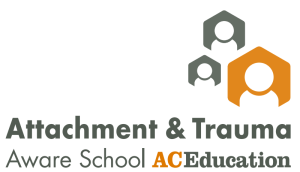Higher Prior Attainers
Challenge in our Curriculum
D. Willingham argues that in order for deep learning to take place, students need to think hard. A ‘comfortable struggle’ needs to take place, where students think deeply about the meaning of the knowledge they have acquired.
The key principle of our curriculum is underpinned by Willingham’s principle. Subject Leads are encouraged to plan to provide appropriate opportunities for this ‘comfortable struggle’ to occur as often as possible.
The curriculum is delivered by subject experts who keep abreast of the latest thinking about their subject area. Cycles and our mastery approach also support deeper thinking.
Extra-curricular opportunities
Regular opportunities are provided for our higher prior attainers to engage in a variety of extra-curricular activities internally and/or externally. This academic year, students have had:
- Exposure to Higher Education, through our work with St. Mary’s, SOAS, Royal Holloway and the University of West London.
- Opportunities to engage with leading academics, including Prof. Robert Winston, Kathy Evans and Members of Parliament.
- Opportunities to compete in local and national competitions, including the ‘Bright Ideas Challenge’ (Science) and Bebras Challenge (Computing)
- Exposure to conferences, including the Hounslow School’s Climate Conference, Layers of London project and Rivers of the World workshop.
Further Challenge and Support
Students identified as higher prior attainers also take part in bespoke Being Bold sessions (in house, extra-curricular provision) designed to challenge their development.
Each term, students study a topic or subject area designed to stretch them beyond the curriculum. Examples this year have included Classics, robotics and cosmology.
Students identified as higher prior attainers in Years 7 and 8 also meet with teachers and senior leaders on a rotational basis across the academic year.
Coaching conversations take a variety of guises, including:
- Small group coaching focused on developing metacognition and inquisitiveness.
- Student voice; student panel discussions about teaching, learning and challenge across the Academy.
- 1-on-1 conversations to review progress and develop effective revision (post assessment windows).

